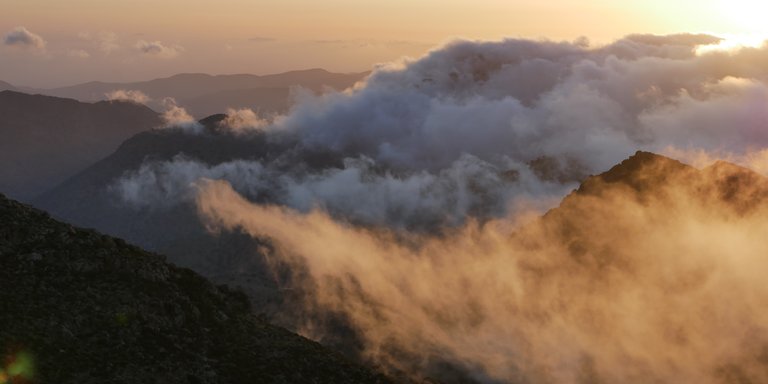
Technology transfer in practice
CloudFisher in Tanzania
properties.trackTitle
properties.trackSubtitle
The German organisation p(e)d world has been installing fog collectors in Tanzania since 2011. The new collector that was tested in Morocco will now provide 800 schoolchildren with drinking water. The CloudFisher is thus being used in a different project area for the first time.
The climatic and topographic conditions in the Babati region to the southwest of Mount Kilimanjaro are perfectly suited for the production of water using fog collectors. Every night, heavy fogs form above large salt lakes. A mountain ridge running along the African continental rift stirs up thermal winds that drive the fogs across the highlands and into the collectors. Small fog droplets are caught in the nets and merge to form larger drops, which then trickle down into the collecting troughs below. The fog water is collected in water tanks or fed into large water reservoirs.
Clean drinking water for schools
Since 2011, p(e)d world has built two large cisterns and thirteen double collectors with a net surface area of 80 m² each – some with the financial support of Munich Re Foundation. The water is supplied to school children in several schools and two villages. Eight hundred girls and boys attending the Qameyu Secondary School reap the benefits. Traditional well construction is not possible in this area as the settlements are located on a highland plateau. Children – most of them girls – must walk several hours every day to fetch water, usually of inferior quality.
Bernhard Küppers, managing director at p(e)d world, is very happy with his organisation's fog net projects in Tanzania. Many of the collectors have been supplying clean drinking water for years now. Of course, nets and collecting troughs tear or break after a few years and have to be replaced. Vivian Ernest, the project manager on site, has been taking care of all the maintenance work so far. As a result, the fog water has been able to flow continuously, even though the sensitive nets of the earlier technology have suffered repeated damage.
CloudFisher replaces old net
Now an old collector needs to be completely replaced at the main location of Qameyu: some of the steel cables and nets are torn, and the collecting troughs are rusty after long years of use. With the financial support of Munich Re Foundation, a new generation collector, the CloudFisher, will be set up in Qameyu in the spring of 2017.
The students at the secondary school will benefit significantly from this, as the CloudFisher produces much higher water yields than the old nets, and needs hardly any maintenance. For the Munich developer, Peter Trautwein, this is a good opportunity to test his new collector close to the equator at an altitude of 2,500 m, in real practice and under very different conditions than in Morocco.
Prior to this, the new CloudFisher had been repeatedly improved and tested during a three-year development and test phase in the Anti-Atlas Mountains of Morocco, where it will be installed across a wide area when the development of a major project begins in January 2017. The installation of the collector in Tanzania means that the new technology is now being used for the first time in another region. A win-win situation for everyone involved: innovation and technology transfer are working in practice, and the local people have more clean drinking water.

MM, 22 December 2016

d_world_Logo.jpg/_jcr_content/renditions/crop-16x9-1280.jpg./crop-16x9-1280.jpg)